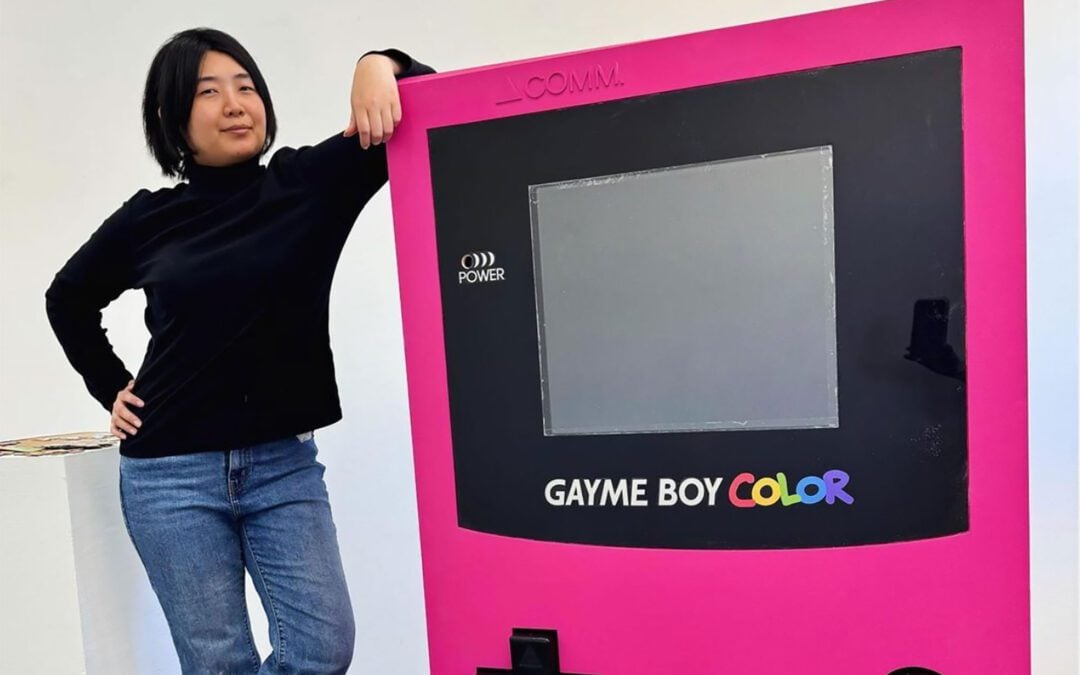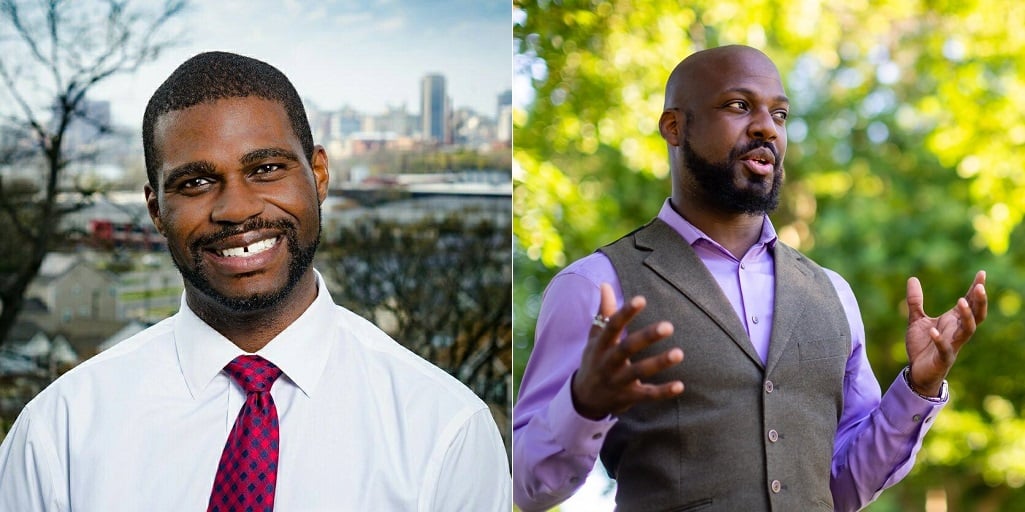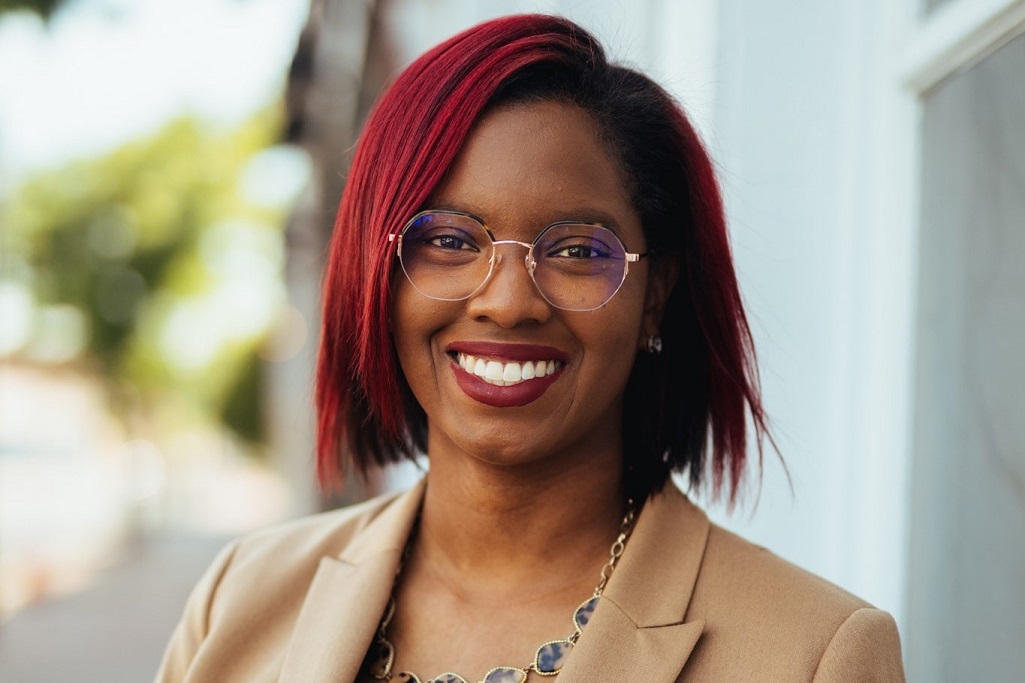Of all the things that I have been able to do and write about, being able to write the phrase “How the Big Gay Gameboy Was Conceived” is probably at the top of the list. The Big Gay Gameboy and about eight other exhibits are wrapping up their last week at The Iridian...





